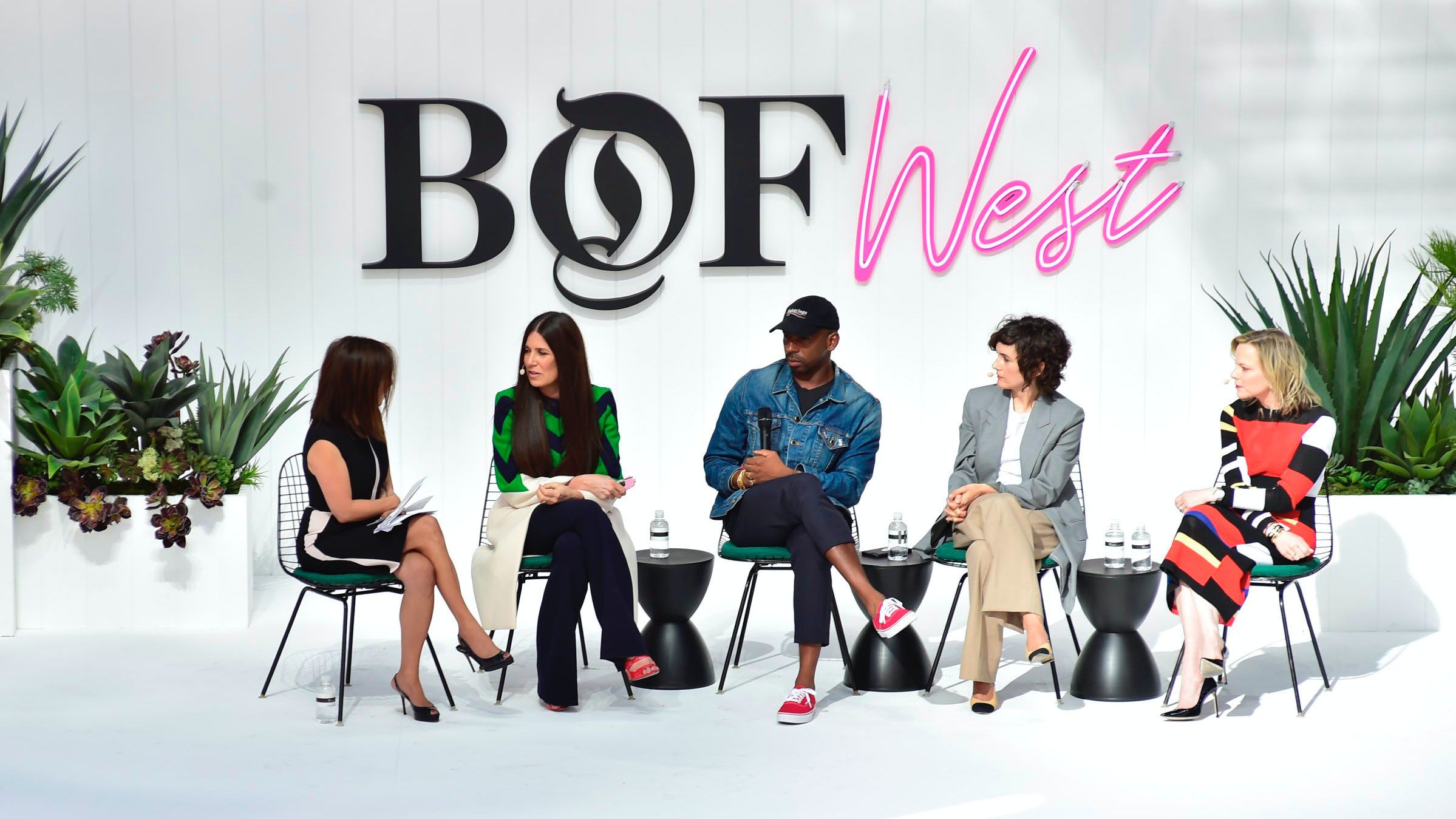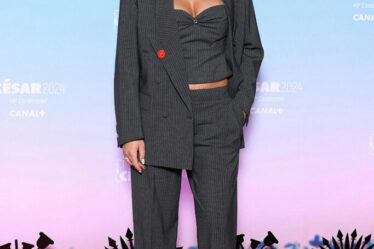
In the age of #MeToo and #TimesUp, the lucrative marketing platform that is the red carpet has become a stage for politicised demonstrations of unity and protest.
“There’s a change happening,” said veteran stylist Elizabeth Saltzman. “There’s a seismic shift. But it’s still going to be about talking to your women … listening and working together to make the best choices you can, as a team. And it really is a team’s work.”
At the inaugural BoF West Summit in Los Angeles, Saltzman was joined on stage by fellow celebrity stylists Karla Welch and Jason Bolden, who spoke with The Hollywood Reporter’s Carol McColgin and media consultant Janice Min about how social movements disrupting Hollywood are changing the way both actors and brands approach the red carpet.
“A lot of what this movement is doing is making sure women are more represented at every single level,” said Welch.
Despite the impact of social movements on red carpet dressing, there are still hurdles to be overcome, agreed the panellists. One such hurdle is the media’s approach to red carpet coverage. “I think what we’re really missing on red carpet [best and worst dressed] lists is an educated point of view,” said Welch.
Another is attitudes towards inclusivity. “When you start talking about inclusiveness and making this shift, there are a lot of other things that have to happen,” said Bolden, who noted how several of his clients, many of which are women of colour, still don’t have access to the same brand options as other Hollywood actresses.
What does the future hold for the red carpet? “It’s a movement, not a moment,” said Bolden. “We’ve just started.”
To subscribe to the BoF Podcast please follow this link.
Subscribe to BoF Professional for unlimited access to BoF articles, plus exclusive benefits for members.
To contact The Business of Fashion with comments, questions, or speaker ideas please e-mail podcast@businessoffashion.com.



